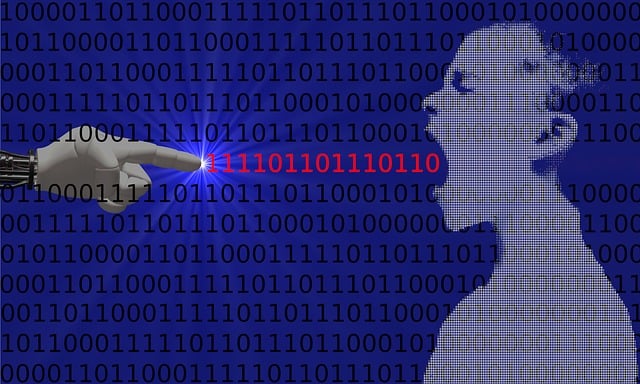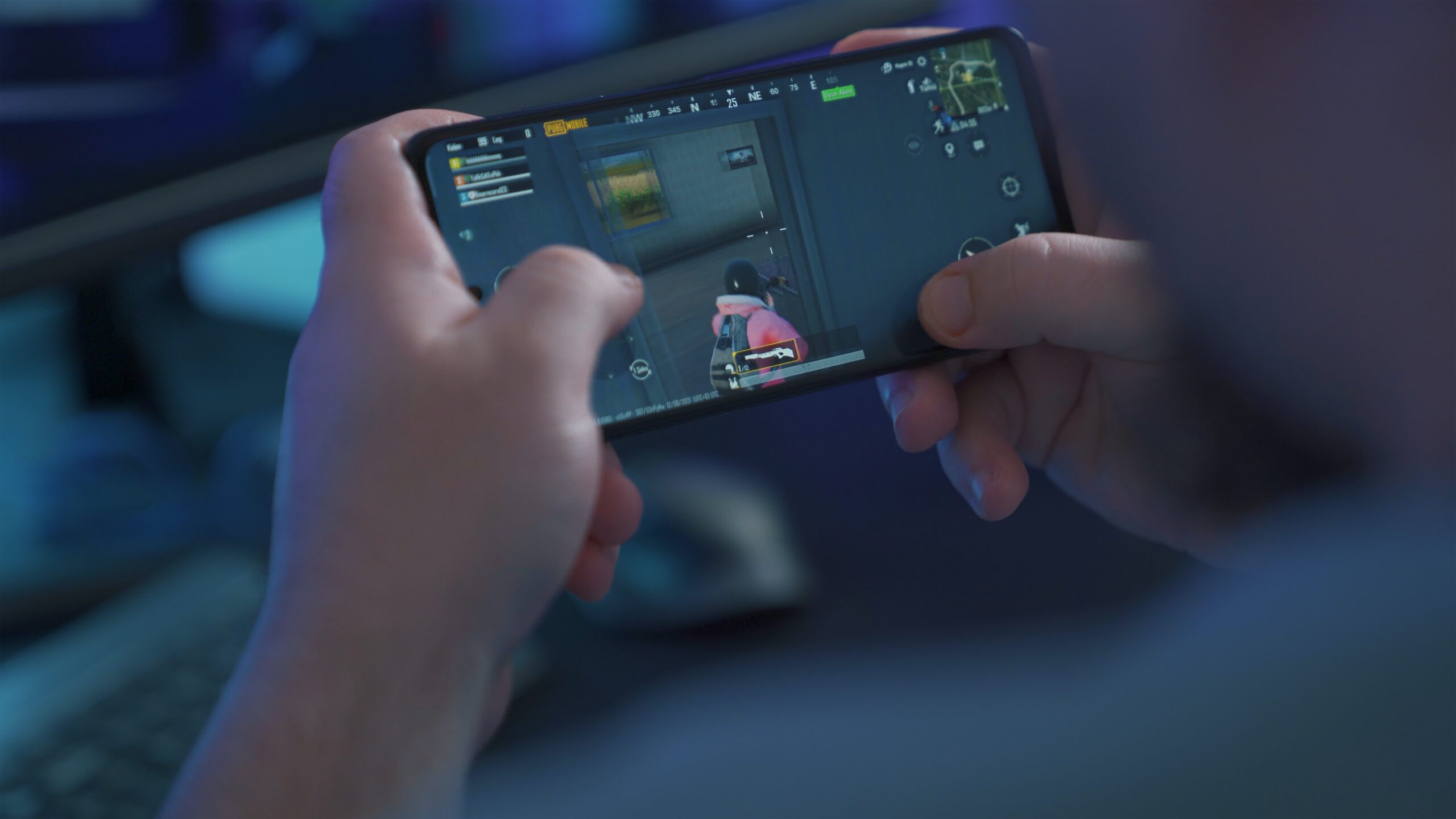 September 3, 2024
September 3, 2024
Revolutionizing Tech: The Latest Innovations in the World of Technology
Technology has always been a driving force for progress and change. From the invention of the wheel to the creation of the internet, each new innovation has revolutionized the way we live, work, and interact with the world. And in recent years, we have witnessed an explosion of cutting-edge technologies that are transforming our daily lives in profound ways. From artificial intelligence and smart home devices to wearable technology and renewable energy, these latest innovations are pushing the boundaries of what is possible and reshaping the future.
Artificial intelligence (AI) has been one of the most talked-about technologies in recent years, and for good reason. AI is the simulation of human intelligence processes by machines, enabling them to learn, reason, and make decisions like humans. This technology has the potential to transform almost every industry, from healthcare and finance to transportation and manufacturing. One of the most significant developments in AI has been in the field of natural language processing (NLP), which allows machines to understand and respond to human language. This has led to the rise of virtual assistants like Amazon’s Alexa and Apple’s Siri, which can perform tasks and answer questions through voice commands. NLP has also been used to develop chatbots, which are revolutionizing customer service by providing quick and efficient responses to queries. With AI, machines are becoming more intelligent and capable, and this is only the beginning of what is possible.
Another technology that is transforming our daily lives is the Internet of Things (IoT). IoT refers to the connection of everyday devices to the internet, allowing them to collect and exchange data. This technology has given rise to smart homes, where devices like thermostats, lights, and security systems can be controlled remotely through a smartphone or voice command. This not only makes our lives more convenient but also helps us save energy and reduce our carbon footprint. IoT is also being used in industries like healthcare and agriculture, where sensors and connected devices are improving efficiency and productivity. For example, in healthcare, IoT is being used to monitor patients remotely, track medication adherence, and even predict and prevent health issues. In agriculture, IoT is helping farmers monitor and optimize crop growth, leading to higher yields and reduced waste. As IoT continues to evolve, we can expect to see more connected devices and a more interconnected world.
Wearable technology is another area that has seen significant advancements in recent years. From fitness trackers and smartwatches to virtual and augmented reality headsets, wearables are becoming an integral part of our daily lives. These devices not only track our physical activity and health but also provide us with real-time information and entertainment. For example, smartwatches can display notifications, make calls, and even pay for purchases, making them a convenient and practical accessory. Virtual and augmented reality headsets are also transforming the way we experience entertainment and education. With VR, we can immerse ourselves in virtual worlds, while AR allows us to overlay digital information onto our physical surroundings. These technologies have the potential to revolutionize industries like gaming, education, and even healthcare. In fact, VR is already being used to treat phobias and PTSD, while AR is being used to assist surgeons during complex procedures.
Renewable energy is another area that has seen significant advancements in recent years. With the growing concern over climate change, there has been a push towards clean and sustainable energy sources. And thanks to technological innovations, renewable energy is becoming more accessible and affordable. Solar panels, wind turbines, and other renewable energy sources are being used to power homes, buildings, and even entire cities. In fact, in some parts of the world, renewable energy is now cheaper than fossil fuels. This not only reduces our dependence on non-renewable resources but also helps to reduce carbon emissions and combat climate change. With continued advancements in renewable energy technology, we can expect to see a significant shift towards a cleaner and more sustainable future.
The impact of these latest tech innovations is not limited to just our daily lives; they are also redefining industries and addressing global challenges. For example, in the transportation industry, the development of electric and autonomous vehicles is set to revolutionize how we travel. Electric vehicles are not only more environmentally friendly but also more efficient and cost-effective in the long run. Autonomous vehicles, on the other hand, have the potential to reduce accidents and traffic congestion, making our roads safer and more efficient. In the healthcare industry, advancements in technology are leading to more accurate diagnoses, better treatments, and improved patient outcomes. From AI-powered diagnostic tools to robotic surgery, technology is transforming the way we approach healthcare and improving the quality of life for patients. And in the fight against global challenges like poverty and hunger, technology is playing a crucial role. With the help of data analytics and AI, organizations are now able to identify and address issues more efficiently, leading to more effective solutions and a better world for all.
In conclusion, the latest innovations in the world of technology are revolutionizing our daily lives in ways we could have never imagined. From breakthroughs in artificial intelligence and smart home devices to advances in wearable technology and renewable energy, these developments are not only making our lives more convenient and efficient but also redefining industries, improving healthcare, and addressing global challenges. As we continue to push the boundaries of what is possible, it is important to remember that technology is a tool, and it is up to us to use it for the greater good. With responsible and ethical use, these innovations have the power to shape a brighter and more sustainable future for generations to come.





